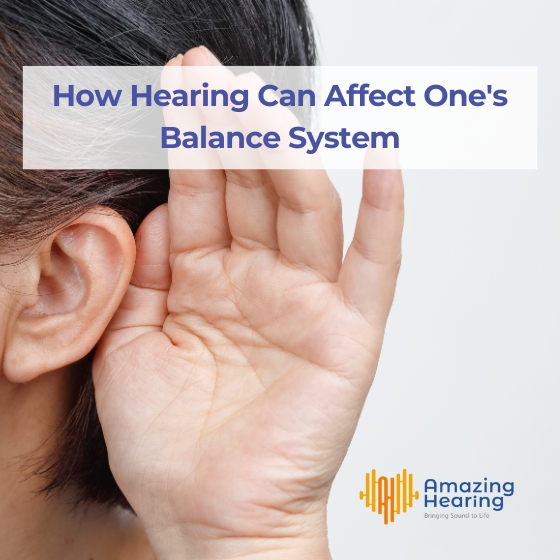The human body is a complex and interconnected system that relies on different sensory inputs to function properly. One of the important sensory systems in our body is the balance system, which helps us maintain stability and posture.
The primary sensor for this system is the vestibular organ located in our inner ear. This organ not only plays a crucial role in maintaining balance, but also has an impact on other bodily functions, including hearing.
Understanding the Vestibular Organ
The vestibular organ consists of three semicircular canals and two otolith organs – the utricle and saccule. These structures are filled with fluid and have tiny hair cells that are responsible for detecting movement and acceleration.
When we move our head, the fluid in these organs moves and stimulates the hair cells, which then sends signals to the brain about the direction and speed of movement.
This information is essential for maintaining balance and coordinating movements.
Relationship Between Hearing and Balance
The vestibular organ plays a key role in maintaining balance and spatial awareness, and it is closely connected to our auditory system. Located in the inner ear, it works with the auditory system to help us process both movement and sound.
The vestibular nerve, which sends information about motion and position to the brain, is closely linked to the auditory nerve, which carries sound signals. Because of this connection, problems like infections, injuries, or neurological issues in one system can often affect the other, leading to symptoms such as dizziness, vertigo, or hearing loss.
This connection shows how our sensory systems are deeply interconnected and rely on each other to work properly.
How Hearing Loss Affects Balance
People with hearing loss are more likely to have balance problems compared to those with normal hearing. Balance is a complex process that relies on multiple systems in the body, including the inner ear, which plays a key role in keeping us steady.
One possible reason for this connection is the link between the vestibular system, which controls balance, and the auditory system.
These systems are closely connected in the inner ear. When hearing is impaired, the brain may not get enough accurate information about movement, spatial orientation, and balance, leading to issues.
Examples of Balance Issues Caused by Hearing Loss
Individuals with hearing loss may experience a wide range of balance issues, including:
- Difficulty walking on uneven surfaces or in the dark
- Increased risk of falls and accidents
- Feeling dizzy or disoriented when turning quickly
- Trouble maintaining balance while standing still
These symptoms can significantly impact an individual’s quality of life and increase their risk for injuries.
The Role of Hearing Aids in Improving Balance
For individuals with both hearing loss and balance problems, using hearing aids can help improve their overall sense of balance.
By amplifying sounds and improving their ability to hear, it can indirectly aid in maintaining balance by providing more accurate sensory information to the brain.
Moreover, some advanced hearing aids come equipped with specific features that can directly improve one’s balance. For instance, certain models have built-in sensors that can detect and reduce feedback noises, which can be helpful for individuals with balance issues.
Hearing Test and Balance Evaluation
If you are experiencing balance problems, it is essential to get a comprehensive evaluation from an audiologist and a balance specialist.
They can conduct specific tests, such as caloric testing, to determine the root cause of your issues and provide appropriate treatment.
Moreover, regular hearing tests can help detect any changes in hearing that may contribute to balance problems. Early detection and management of such issues can prevent further complications.
Takeaway
In conclusion, the vestibular organ is not only essential for maintaining balance, but also has an impact on our hearing. Any disruptions in one system can affect the other and lead to coordination issues.
Therefore, it is crucial to pay attention to both our hearing and balance health, and seek appropriate treatment if needed.
As technology continues to advance, we can expect further developments in hearing aids that can directly improve balance and enhance overall well-being. So, it’s essential to stay informed about these advancements and take necessary steps towards better auditory and balanced health.
Amazing Hearing For Better Hearing Health
At Amazing Hearing, we are dedicated to providing the best hearing solutions for our customers. Our team of audiologists in Singapore can help you find the right hearing aids and offer personalised support to improve your overall well-being.
Contact us today to schedule a consultation and take the first step towards better hearing health.


